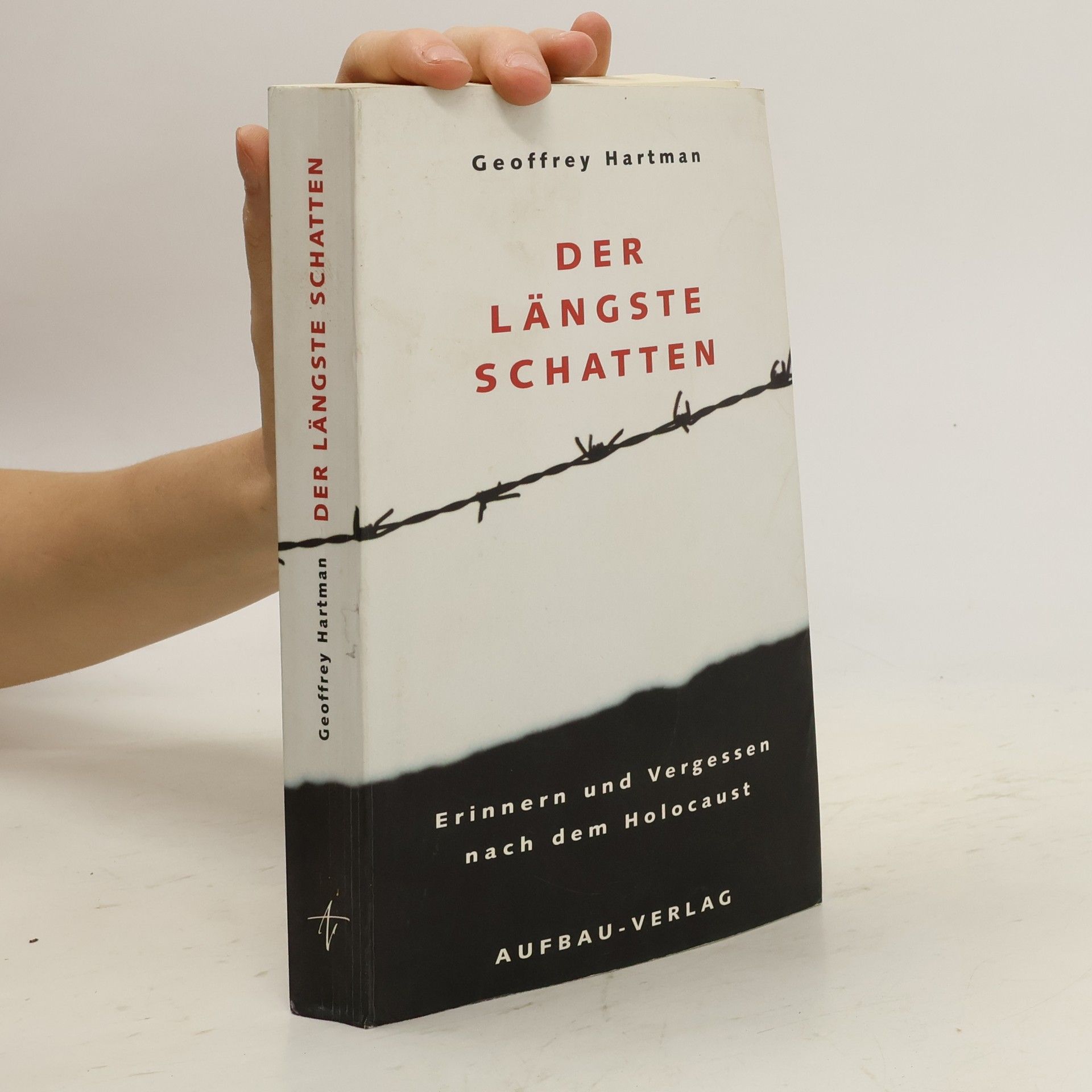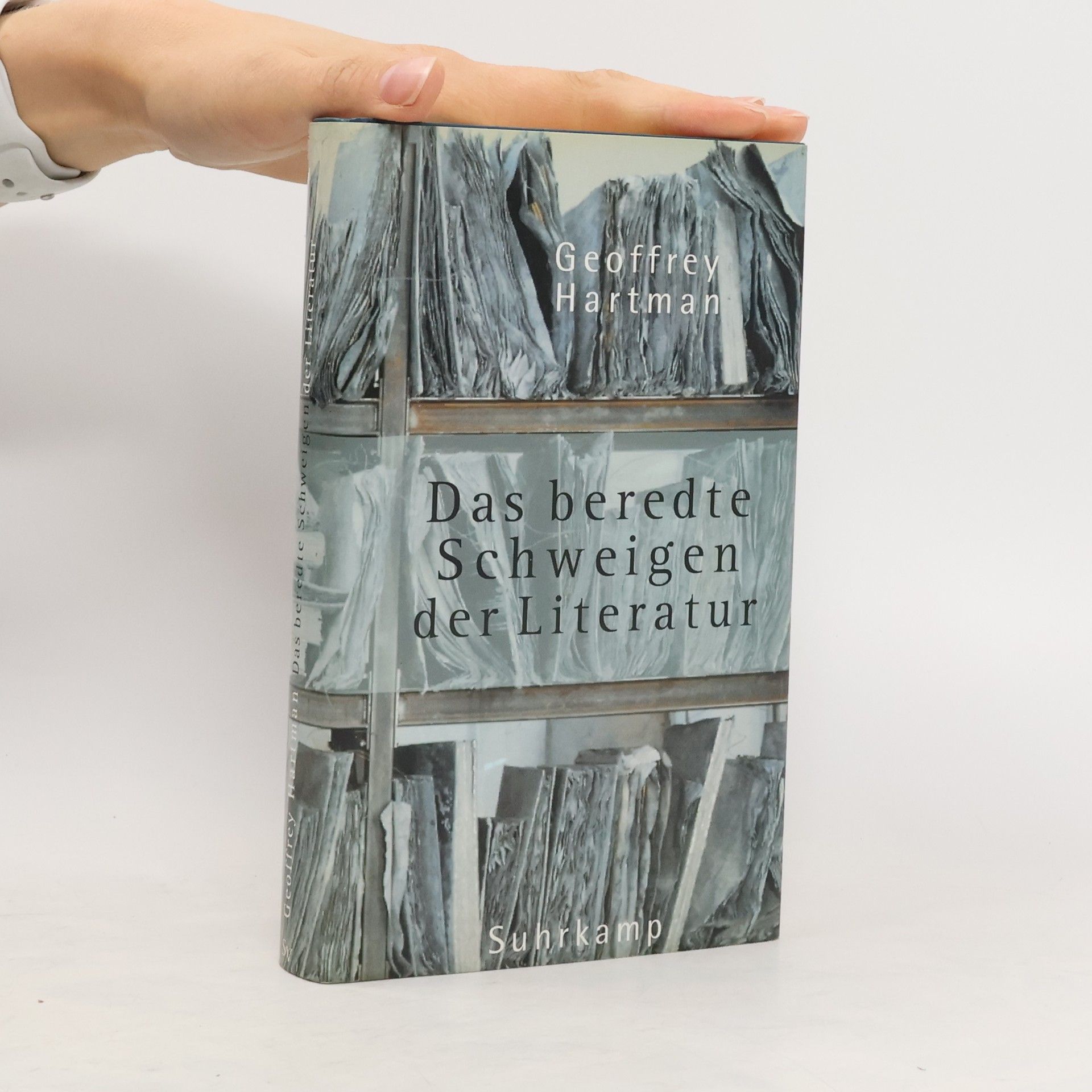Das beredte Schweigen der Literatur
- 297pages
- 11 heures de lecture
Frankfurt 2000, Pappband ,mit Schutzumschlag, 197 Seiten, 8°, schönes Exemplar,
Geoffrey H. Hartman fut un critique littéraire dont l'œuvre aborda les poètes romantiques, les textes sacrés juifs, les études sur l'Holocauste, la déconstruction et le fonctionnement de la mémoire. Considéré comme l'un des plus éminents spécialistes de la littérature au monde, il fut associé à "l'École de Yale" de théoriciens littéraires, connue pour son approche ancrée dans la déconstruction. Hartman prônait que la critique devait se situer sur un pied d'égalité avec la littérature, en devenant elle-même une forme de littérature. Ses travaux ont exploré en profondeur la nature du trauma, de la mémoire et du témoignage, influencés par ses propres expériences de guerre.


Frankfurt 2000, Pappband ,mit Schutzumschlag, 197 Seiten, 8°, schönes Exemplar,